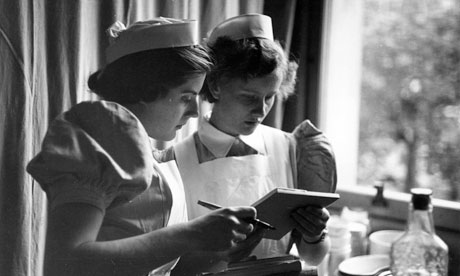Robert Fisk in The Independent 29 Aug 2013
Before the stupidest Western war in the history of the modern world begins – I am, of course, referring to the attack on Syria that we all now have to swallow – it might be as well to say that the Cruise missiles which we confidently expect to sweep onto one of mankind’s oldest cities have absolutely nothing to do with Syria.
They are intended to harm Iran. They are intended to strike at the Islamic Republic now that it has a new and vibrant president – as opposed to the crackpot Mahmoud Ahmedinejad – and when it just might be a little more stable. Iran is Israel’s enemy. Iran is therefore, naturally, America’s enemy. So there is nothing pleasant about the regime in Damascus. Nor do these comments let the regime off the hook when it comes to mass gassing. But I am old enough to remember that when Iraq – then America’s ally – used gas against the Kurds of Hallabjah in 1988, we did not assault Baghdad. Indeed, that attack would have to wait until 2003, when Saddam no longer had any gas or any of the other weapons we nightmared over. And I also happen to remember that the CIA put it about in 1988 that Iran was responsible for the Hallabjah gassings, a palpable lie that focused on America’s enemy whom Saddam was then fighting on our behalf. And thousands – not hundreds – died in Hallabjah. But there you go. Different days, different standards.
And I suppose it’s worth noting that when Israel killed up to 17,000 men, women and children in Lebanon in 1982 in an invasion supposedly provoked by the attempted PLO murder of the Israeli ambassador in London – it was Saddam’s mate Abu Nidal who arranged the killing, not the PLO, but that doesn’t matter now – America merely called for both sides to exercise “restraint”. And when, a few months before that invasion, Hafez al-Assad – father of Bashar – sent his brother up to Hama to wipe out thousands of Muslim Brotherhood rebels, nobody muttered a word of condemnation. “Hama Rules,” is how my old mate Tom Friedman cynically styled this bloodbath. Anyway, there’s a different Brotherhood around these days – and Obama couldn’t even bring himself to say ‘boo’ when their elected president got deposed.
So what in heaven’s name are we doing? After countless thousands have died in Syria’s awesome tragedy, suddenly – now, after months and years of prevarication – we are getting upset about a few hundred deaths. We should have been traumatised into action by this war in 2011. And 2012. But now? Why? Well, I suspect I know the reason. I think that Bashar al-Assad’s ruthless army might just be winning against the rebels whom we secretly arm. With the assistance of the Lebanese Hizballah – Iran’s ally in Lebanon – the Damascus regime broke the rebels in Qusayr and may be in the process of breaking them north of Homs. Iran is ever more deeply involved in protecting the Syrian government. Thus a victory for Bashar is a victory for Iran. And Iranian victories cannot be tolerated by the West.
And while we’re on the subject of war, what happened to those magnificent Palestinian-Israeli negotiations John Kerry was boasting about? While we express our anguish at the hideous gassings in Syria, the land of Palestine continues to be gobbled up. Israel’s Likudist policy – to negotiate for peace until there is no Palestine left – continues apace, which is why King Abdullah of Jordan’s nightmare (a much more potent one than the ‘weapons of mass destruction’ we dreamed up in 2003) grows larger: that Palestine will be in Jordan, not in Palestine.
But if we are to believe the nonsense coming out of Washington, London, Paris and the rest of the ‘civilised’ world, it’s only a matter of time before our swift and avenging sword smiteth the Damascenes. To observe the leadership of the rest of the Arab world applauding this destruction is perhaps the most painful historical experience for the region to endure. And the most shameful. Save for the fact that we will be attacking Shiite Muslims and their allies to the handclapping of Sunni Muslims. That’s what civil war is made of.

